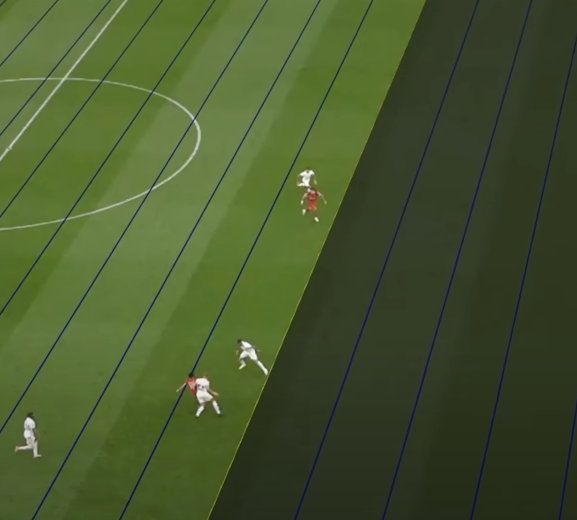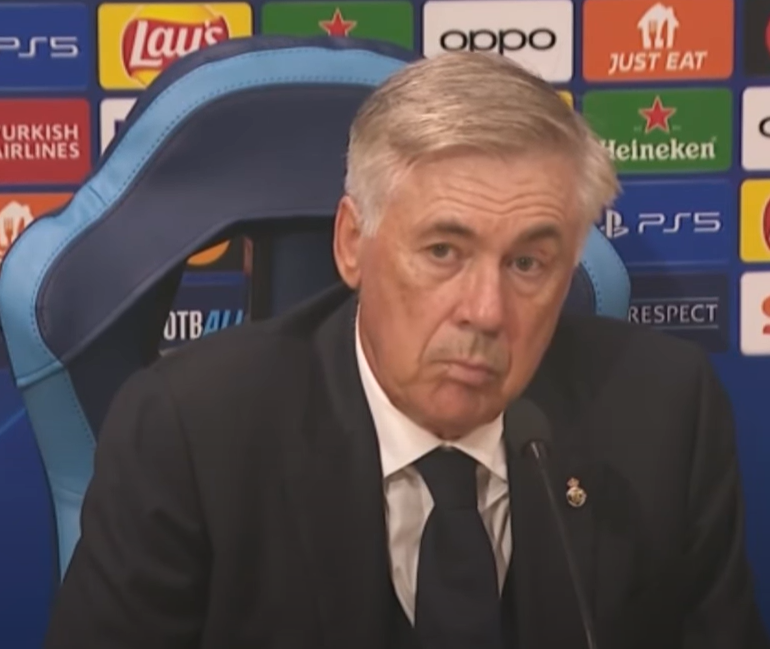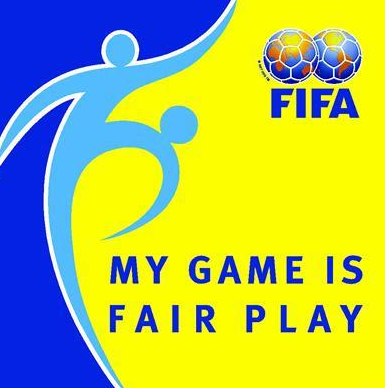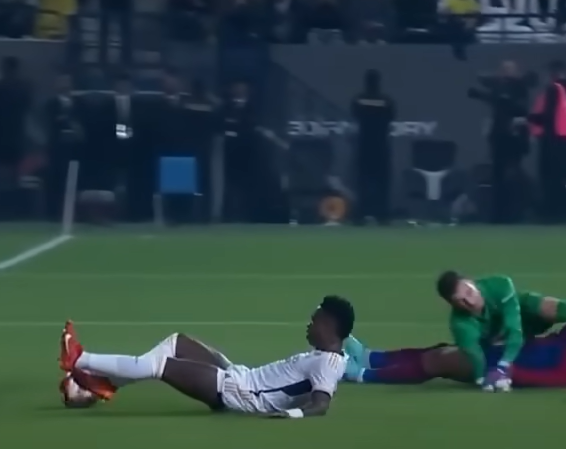The world of football was left in shock after a controversial VAR decision during the Tottenham Hotspur vs Liverpool match. The disallowed goal by Liverpool’s Luis Diaz has sparked a massive debate about the efficiency and reliability of the VAR system. With the release of the audio recordings between the match officials, we delve into the intricacies of what transpired.
The Heart of the Matter: The Disallowed Goal
During the game, Liverpool’s Luis Diaz thought he had scored, but the goal was disallowed due to an offside call. The on-field decision was initially confirmed by the VAR check, which was led by Darren England. However, as evidenced by the audio, there was a lapse in focus, which resulted in the inaccurate confirmation of the offside call. The error was discovered too late, since the game had already resumed.
The Aftermath: Reactions and Responses
The controversy didn’t end with the match. Liverpool, feeling aggrieved, requested the audio recordings of the VAR discussions. The PGMOL (Professional Game Match Officials Limited) released the audio, which revealed the confusion and realisation of the mistake among the officials. The Premier League acknowledged “systemic weaknesses in the VAR process”, highlighting the need for improvements.
The Audio Transcript: A Deep Dive
The tape revealed provides a thorough account of the officials’ discussions. The initial signal was for an offside against Diaz. The VAR panel were satisfied in their verdict as they evaluated the scenario, with England even saying the check was “perfect.” The turning point came when the replay operator questioned the on-field decision, revealing that Diaz was, in fact, onside. Despite attempts to postpone the game and correct the error, the game had already begun, leaving the officials powerless to modify the decision.
The Fallout: PGMOL’s Statement and Future Implications
In reaction to the issue, PGMOL recognised the “significant human error,” claiming that it was caused by a “lapse of concentration and loss of focus.” They also shared insights into the VAR decision-making process and highlighted crucial insights for avoiding similar mistakes in the future. Reiterating the significance of accuracy above efficiency and improving communication mechanisms between the referee and the VAR staff are among them.
The Broader Perspective: VAR in Modern Football
Since its introduction in the 2019-20 Premier League season, VAR has been a topic of debate. While it has corrected many on-field errors, incidents like the disallowed Diaz goal raise concerns about its reliability. Pat Nevin, a former Chelsea winger, defended VAR, claiming that technology works 99% of the time and provides more accurate judgements than referees. However, the emphasis is frequently on the few times it gets it wrong.
As football evolves, so will the technologies that support it. The Diaz incident serves as a reminder of the difficulties in incorporating technology into the beautiful game. It’s a call to action to ensure that such mistakes are avoided in the future.













